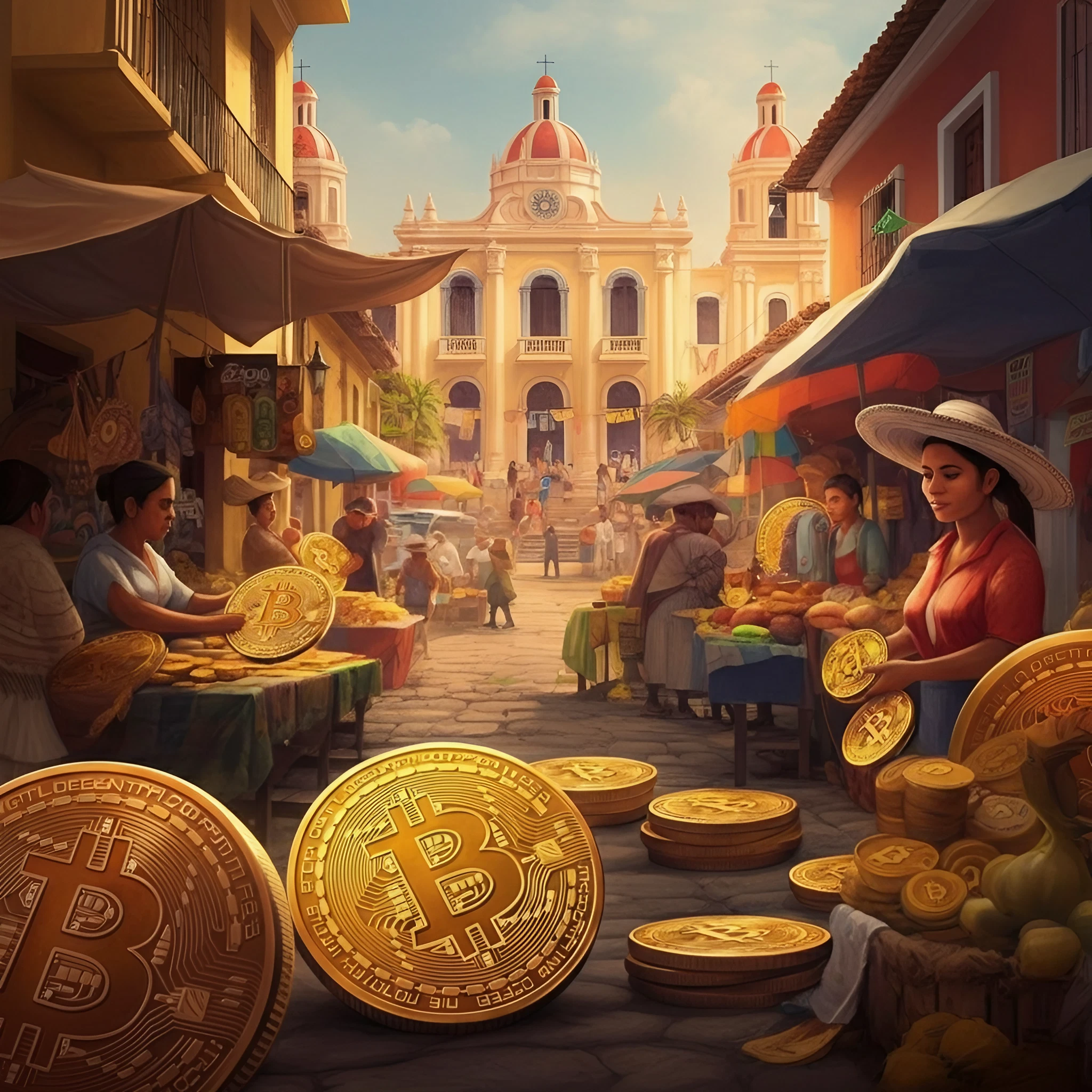A Bold Experiment in Crypto Adoption
When El Salvador became the first country in the world to adopt Bitcoin as legal tender in September 2021, the move sparked debates, curiosity, and global attention. President Nayib Bukele’s ambitious bet on Bitcoin was unprecedented, and it signaled the country’s readiness to take a leading role in the crypto industry. Fast forward to today, and the “Bitcoin El Salvador news” continues to dominate headlines, revealing both the challenges and breakthroughs of integrating cryptocurrency into a nation’s economy.
IMF Agreement and Controversy Over Bitcoin Accumulation
One of the latest controversies in “Bitcoin El Salvador news” involves a $3.5 billion financing deal with the International Monetary Fund (IMF). A key clause in this agreement reportedly prohibits the Salvadoran government from further accumulating public-sector Bitcoin holdings. Despite this, President Bukele has made it clear that El Salvador has no intentions of slowing down its BTC purchases. Recent claims showed the country has added 19 Bitcoins in just one week, with one more following soon after.
President Bukele’s stance? “Proof of work > proof of whining,” he declared on social media, asserting his continued commitment to the nation’s Bitcoin strategy despite outside pressure.
Currently, El Salvador holds approximately 6,101 BTC, equating to roughly $530 million based on current Bitcoin prices.
Why Bitcoin Remains Key to El Salvador’s Economic Vision
President Bukele’s unwillingness to comply with the IMF’s demands highlights Bitcoin’s central place in El Salvador’s economic roadmap. Beyond the headlines, Bitcoin plays a much larger role in the country’s financial ecosystem. Here’s why it remains pivotal:
- Attracting Foreign Investment: By positioning itself as a Bitcoin hub, El Salvador has begun attracting crypto companies and investors eager to tap into the country’s pro-crypto policies.
- Promoting Financial Inclusion: With a large unbanked population, Bitcoin offers many Salvadorans access to digital wallets, enabling them to receive remittances and make payments more efficiently.
- Tourism and Innovation: El Salvador’s Bitcoin Beach project, which promotes crypto adoption at the community level, has become a tourist attraction for crypto enthusiasts.
Criticism and the Challenges Ahead
While many in the crypto world praise El Salvador’s Bitcoin initiative, the strategy has not been without criticism, even sparking protests among its citizens. Concerns about Bitcoin’s volatility, a lack of public understanding, and the national debt tied to Bitcoin purchases have been recurring themes. The government’s apparent defiance of IMF regulations has also raised questions about long-term financial stability.
Additionally, global economists remain divided on whether El Salvador’s Bitcoin experiment will produce measurable economic benefits or if it poses significant financial risks.
The Broader Impact on Global Crypto Adoption
El Salvador’s bold Bitcoin experiment has made the country a spotlight in ongoing discussions about global crypto adoption. For crypto enthusiasts and investors, El Salvador serves as a testing ground for the integration of decentralized currency at a national scale. Whether or not the experiment succeeds, it will undoubtedly shape policy discussions for governments worldwide considering similar moves.
What’s Next for Bitcoin in El Salvador?
The “Bitcoin El Salvador news” is unlikely to slow down. With new Bitcoin purchases, continued innovation in blockchain technology, and ongoing defiance of international skeptics, the country is set to remain a significant player in the cryptocurrency space. For crypto enthusiasts, this is a story worth watching.
If you’re looking to keep up with the latest in El Salvador’s Bitcoin adoption or want deeper insights into how this grand experiment might shape the future of finance, stay tuned. The outcomes of El Salvador’s initiative could redefine not just its economy but how nations worldwide approach cryptocurrencies.








